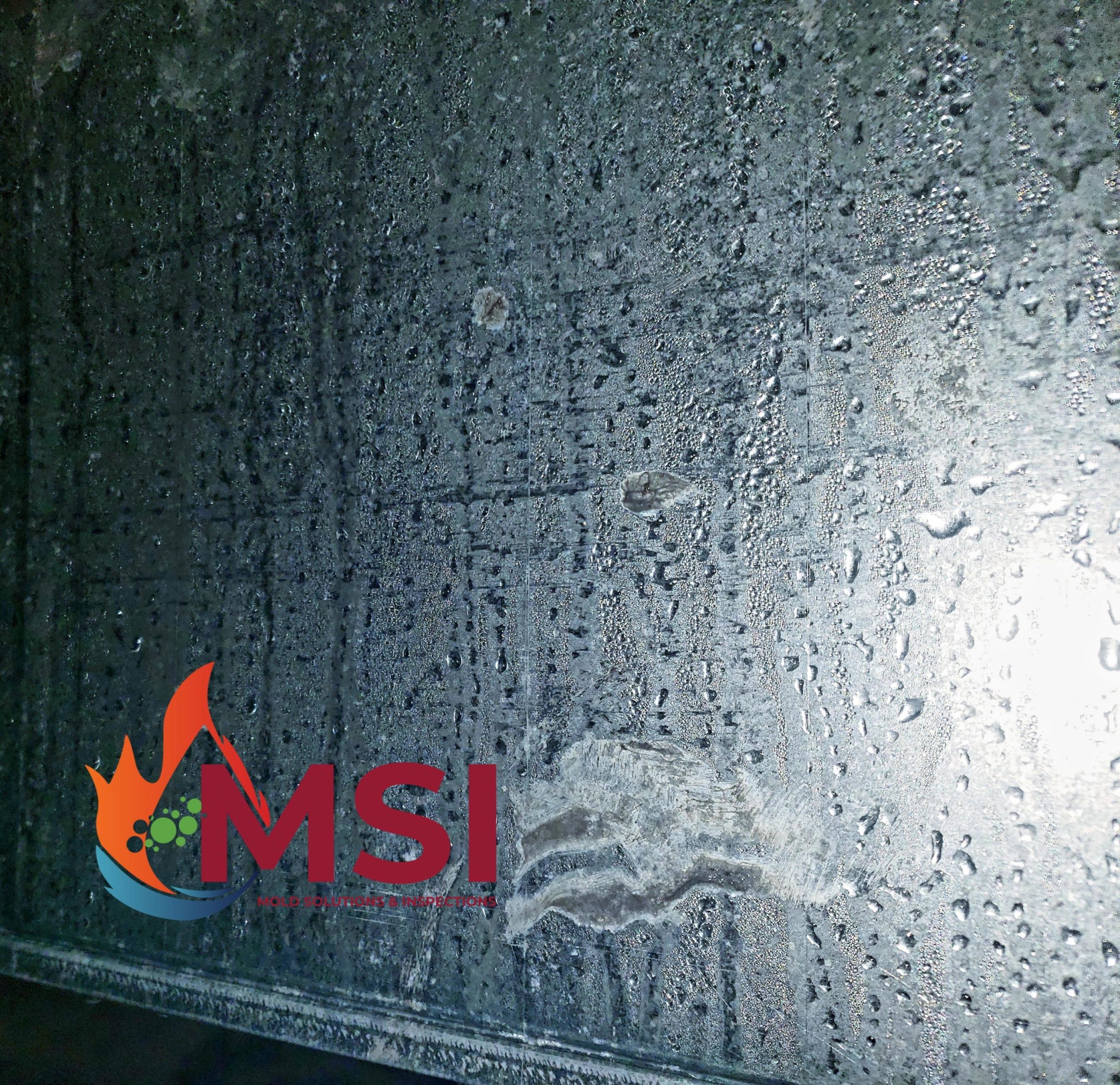Late spring and summer is when grass allergy season kicks in. There are more than 1,000 species of grass in North America, but only a handful cause serious allergic reactions in humans. Grass allergy sufferers must take extra care when doing yard work—especially when mowing the lawn. If possible, finding someone else to do that particular job or wearing a mask is the best preventative measure.
Grass should be cut short as well or, ideally, replaced with a ground cover such as bunch, dichondra, or Irish moss that doesn’t produce much pollen. Grass is easily tracked indoors as well, so vacuuming frequently may also help relieve symptoms. The most common grass allergens include:
- Bermuda grass
- Johnson grass
- Kentucky bluegrass
- orchard grass
- rye grass
- sweet vernal grass
- Timothy grass
For more information, visit our website at Biowashing.com








